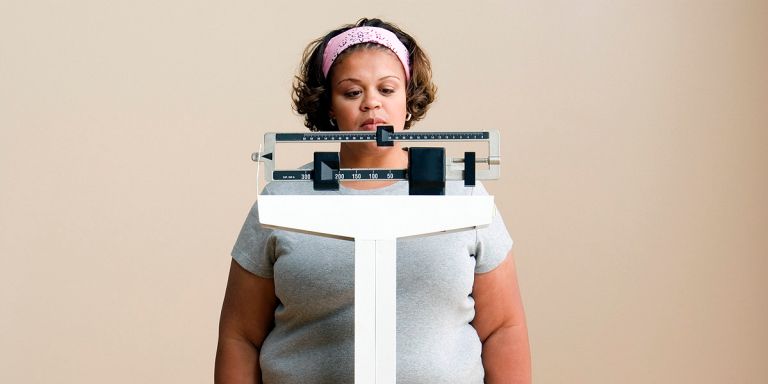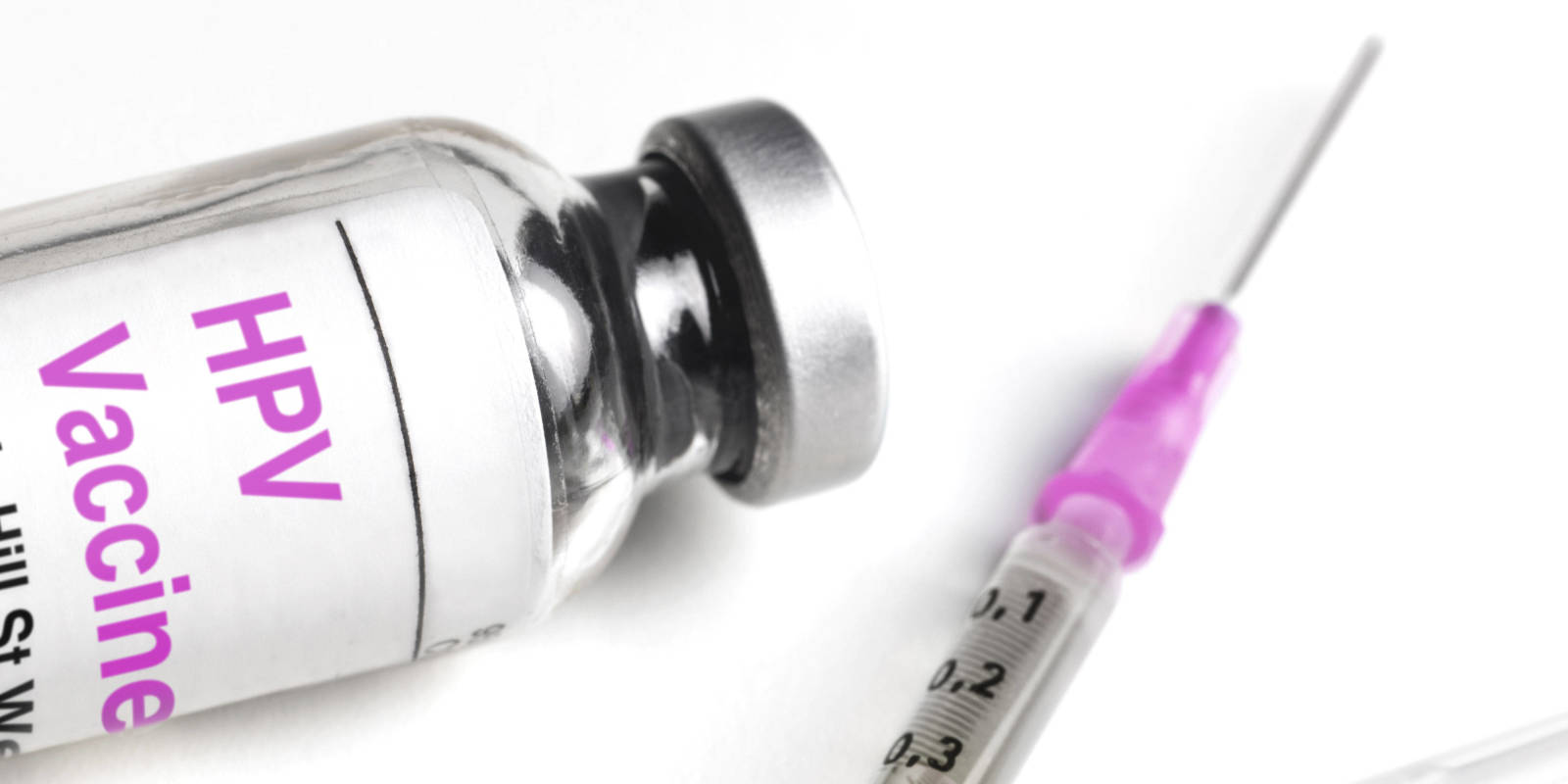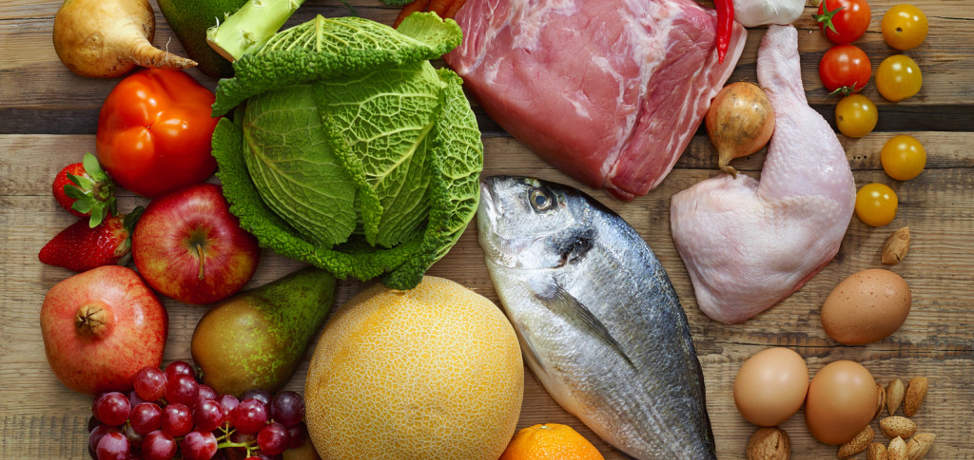Cancer. A word no one ever wants to hear. But cancer diagnosis rates are increasing by the day and there’s a high chance all of us have been personally affected by this illness. Even doctors are still quite stumped by this illness, which is why you may have heard conflicting reports about cancer prevention. Research into cancer is still ongoing and new facts continue to emerge regularly, however what is known is that a few lifestyle changes can help reduce your chances of developing this illness.
Consider these cancer-prevention tips.
1. Avoid tobacco/smoking
Smoking has been linked to various types of cancer — including cancer of the lung, mouth, throat, larynx, pancreas, bladder, cervix and kidney. Using any type of tobacco (smoking, chewing, sniffing) automatically increases your risk of developing cancer. Chewing tobacco has been linked to cancer of the oral cavity and pancreas. Even if you don’t use tobacco, exposure to secondhand smoke might increase your risk of lung cancer.
Avoiding tobacco — or deciding to stop using it — is an important part of cancer prevention. If you need help quitting tobacco, ask your doctor about stop-cessation products and other strategies for quitting.

2. Eat a healthy diet
There is no guarantee that making healthy food selections will prevent all types of cancer, but certain cancers have been linked to some types of foods and eating health overall might reduce your risk.
Consider these guidelines:
- Eat plenty of fruits and vegetables. Base your diet on fruits, vegetables and other foods from plant sources — such as whole grains and beans.
- Avoid obesity. Eat lighter and leaner by choosing fewer high-calorie foods, including refined sugars and fat from animal sources.
- Limit alcohol consumption. Alcohol is linked to various types of cancer — including cancer of the breast, colon, lung, kidney and liver — the amount of alcohol you drink and the length of time you’ve been drinking regularly can increase your risk.
- Limit processed meats. A report from the International Agency for Research on Cancer, the cancer agency of the World Health Organization, concluded that eating large amounts of processed meat can slightly increase the risk of certain types of cancer.
- It was also found that, women who eat a Mediterranean diet supplemented with extra-virgin olive oil and mixed nuts might have a reduced risk of breast cancer. The Mediterranean diet focuses mostly on plant-based foods, such as fruits and vegetables, whole grains, legumes, and nuts. Choose healthy fats, such as olive oil, over butter and fish instead of red meat.
3. Maintain a healthy weight and be physically active
Maintaining a healthy weight might lower the risk of various types of cancer, including cancer of the breast, prostate, lung, colon and kidney.
Physical activity also helps. In addition to helping you control your weight, physical activity on its own might lower the risk of breast cancer and colon cancer.
Adults who participate in any amount of physical activity gain some health benefits. But for substantial health benefits, strive to get at least 150 minutes a week of moderate aerobic activity or 75 minutes a week of vigorous aerobic activity. You can also do a combination of moderate and vigorous activity. As a general goal, include at least 30 minutes of physical activity in your daily routine —the more you can do, the better.
4. Protect yourself from the sun
Skin cancer is one of the most common kinds of cancer — and one of the most preventable. Try these tips:
Avoid midday sun. Stay out of the sun between 10 a.m. and 4 p.m., when the sun’s rays are strongest.
Stay in the shade. When you’re outdoors, stay in the shade as much as possible. Sunglasses and a broad-brimmed hat help, too.
Cover exposed areas. Wear tightly woven, loose fitting clothing that covers as much of your skin as possible. Opt for bright or dark colors, which reflect more ultraviolet radiation than do pastels or bleached cotton.
Make sunscreen your friend. Use a broad-spectrum sunscreen with an SPF of at least 30, even on cloudy days. Apply sunscreen generously, and reapply every two hours — or more often if you’re swimming or sweating excessively.
Avoid tanning beds and sunlamps. These are just as damaging as natural sunlight.

5. Get vaccinated
Cancer prevention includes protection from certain viral infections. Talk to your doctor about vaccination against:
Hepatitis B. Hepatitis B can increase the risk of developing liver cancer. Hepatitis B is a common virus and is transmitted via body fluids, therefore the hepatitis B vaccine is recommended for everyone.
Human papillomavirus (HPV). HPV is a sexually transmitted virus that can lead to cervical and other genital cancers as well as squamous cell cancers of the head and neck. The HPV vaccine is recommended for girls and boys ages 11 and 12.

6. Avoid risky behaviors
Another effective cancer prevention tactic is to avoid risky behaviors that can lead to infections that, in turn, might increase the risk of cancer. For example:
Practice safe sex. Limit your number of sexual partners and use a condom when you have sex. The more sexual partners you have in your lifetime, the more likely you are to contract a sexually transmitted infection — such as HIV or HPV. People who have HIV or AIDS have a higher risk of cancer of the anus, liver and lung. HPV is most often associated with cervical cancer, but it might also increase the risk of cancer of the anus, penis, throat, vulva and vagina.
Don’t share needles. Sharing needles with people who use intravenous drugs can lead to HIV, as well as hepatitis B and hepatitis C — which can increase the risk of liver cancer. If you’re concerned about drug misuse or addiction, seek professional help.
7. Get regular medical care
Regular self-exams and screenings for various types of cancers — such as cancer of the skin, colon, prostate, cervix and breast — can increase your chances of discovering cancer early, when treatment is most likely to be successful. Different screening tests are recommended for different types of cancer at different ages. Ask your doctor about the best cancer screening schedule for you.









2 comments
pls,I have been have hotness on my chest on and off,now and i have gone for check up no trace what should I do pls.
That could be a symptom of several conditions. Please visit a hospital as soon as you can
Comments are closed.